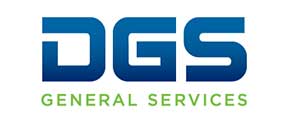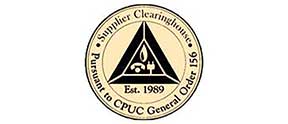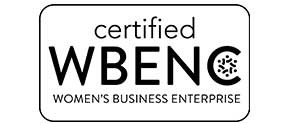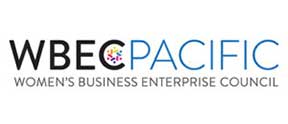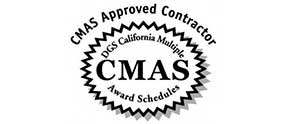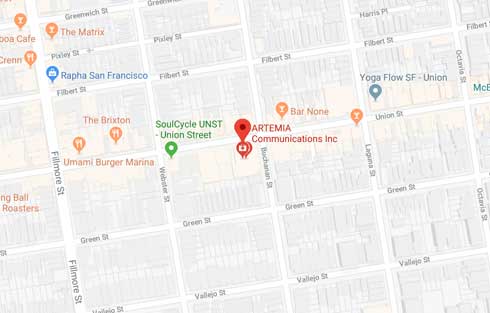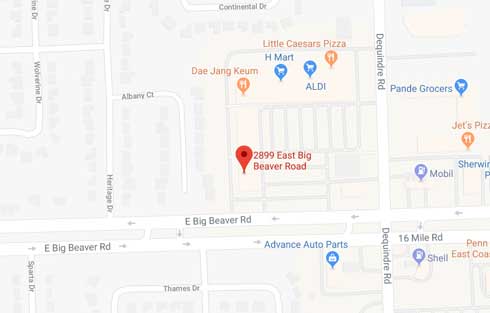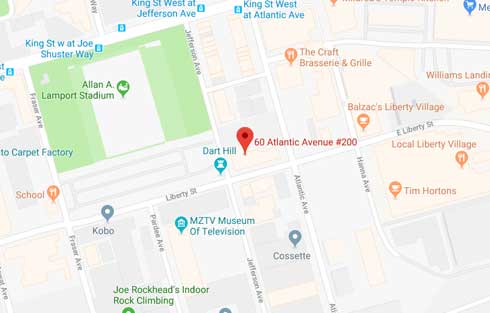BLOG CATEGORIES
SUBSCRIBE
FOR LATEST UPDATES
Sign up for our monthly newsletter with our latest offers,hot blogs and much more !


JOIN US
FOR CALL
Lets chat via skype to discuss your questions concerns, and project needs
TRENDING NOW
Beyond the SEC: Understanding ESRS and ISSB in ESG Reporting

Right now, much of the ESG conversation in the United States is centered on the SEC’s proposed disclosure requirements, however, there are other reporting-related acronyms that U.S. companies and their suppliers should be aware of: ESRS and ISSB.
We know that the world of ESG reporting is complex and ever-changing; as experts in sustainability, we aim to make it simpler for business leaders to follow. In this article, we will break down the European Sustainability Reporting Standards (ESRS) and the International Sustainability Standards Board (ISSB), from what they entail to whom they impact.
What is ESRS?
The European Sustainability Reporting Standards (ESRS) were adopted by the European Commission in July to standardize and codify corporate sustainability reporting. They emphasize the need for detailed, consistent and comparable disclosures to ensure stakeholders receive a comprehensive view of a company’s ESG efforts.
Unlike some other standards that offer a one-size-fits-all approach, the ESRS requires companies to report on sustainability matters that are material to their business, considering both a business’s impact on the environment and society, as well as the effects each has on the company’s performance.
It is part of an overarching framework called the Corporate Sustainability Reporting Directive (CSRD), which outlines what companies are subject to the disclosure requirements. The scope of the CSRD goes beyond the existing Non-Financial Reporting Directive (NFRD) and encompasses certain non-EU companies, as well as subsidiaries that are not listed on EU-regulated markets.
This means that although the vast majority of affected businesses are within the EU, thousands of companies located elsewhere will still feel the effects, directly or indirectly. An analysis by Refinitiv found that the new mandate will reach an estimated 3,000 U.S. businesses as well as 1,300 in Canada, making it important for domestic companies to be aware of the ESRS.
What is ISSB?
The International Sustainability Standards Board (ISSB) was established in 2021 during COP26 with a mission to provide a comprehensive framework that companies, regardless of their geographical location, can adopt to communicate their sustainability efforts transparently and comparably. In June 2023, the board issued its first two standards regarding general requirements for sustainability reporting, as well as climate-related disclosures.
One of the hallmarks of the ISSB’s approach is its emphasis on stakeholder inclusivity. Recognizing that sustainability impacts a broad spectrum of stakeholders, from investors to local communities, the ISSB standards are designed to cater to varied informational needs. This ensures that the data presented is not only relevant to the company’s operational context but also resonates with the concerns and interests of its diverse audience.
Compliance with the ISSB standards is only mandatory in certain jurisdictions and U.S. companies regulated by the Securities and Exchange Commission (SEC) are not required to adhere to these standards for the time being. Businesses that do are expected to incorporate them into their annual reports starting in 2024.
The Interplay of Multiple Standards
With the SEC’s ESG disclosure requirements in the spotlight, U.S. companies might question how these intersect with ESRS or ISSB obligations. As the regulatory environment matures, we anticipate clearer guidelines on how companies can efficiently navigate overlapping requirements.
In the meantime, we’re equipped to guide you through the intricacies of sustainability reporting and communications. Our team of experts can help you craft a cohesive narrative that not only complies with various standards but also resonates with your stakeholders.
Get in touch with us by emailing service@artemia.com or calling 415-351-2227.
see more...

CSR, ESG and Sustainability...
Many companies have incorporated Corporate Social Responsibility, or CSR, and ...
LEARN MORE
ESG Reporting: What it mean...
The U.S. Securities and Exchange Commission (SEC) has proposed amendments to m...
LEARN MORE
Sustainability: Why you nee...
By leveraging strategic communications plans tailored to meet specific goals, ...
LEARN MORE
